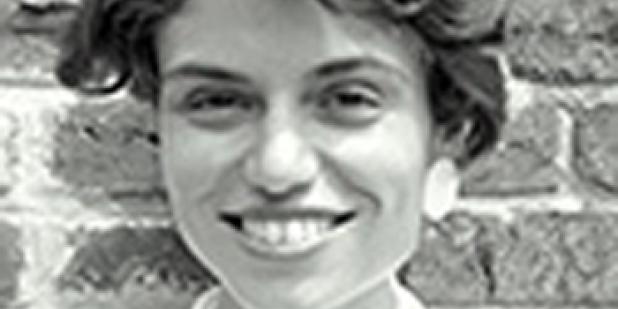Happy Lunar New Year from the USC US-China Institute!
The Dynamic Constraints on China's Critical Journalism: The Bottom-Up Perspective
The Fairbank Center for Chinese Studies at Harvard University presents a talk "The Dynamic Constraints on China's Critical Journalism: The Bottom-Up Perspective" by Maria Repnikova on Thursday, November 6, 2014, 12:15pm to 1:30pm.

Maria Repnikova will present the key characteristics of the party-state's restrictions on critical journalism in the past decade, drawing on over 100 interviews carried out with practicing journalists and editors. Unlike the image of a monolithic and deliberate state control apparatus portrayed in state-centric literature, Repnikova’s research finds state control mechanisms over critical reporting adaptive, decentralized, and negotiable. The restrictions adapt to the political environment, which importantly includes public opinion; local interests play a crucial role in limiting watchdog reporting; and journalists employ these features to their advantage in negotiating restrictions. She will explain each of these characteristics in detail and introduce the audience to diverse and dynamic limitations on critical reporting under Hu-Wen leadership, drawing some linkages to the latest developments under Xi Jinping.
Maria Repnikova is a postdoctoral fellow at the University of Pennsylvania, completing a book manuscript on relations between critical journalists and the party-state under the Hu-Wen leadership. She holds a PhD in politics from Oxford University, where she was a Rhodes Scholar. In addition to China's media politics, Repnikova’s current research interests include China's crisis governance, comparative authoritarianism, and China-Russia relations. She has spent over two years in China carrying out fieldwork for the book and other research projects, including a year on China-Russia border as a Fulbright Scholar.
Featured Articles
We note the passing of many prominent individuals who played some role in U.S.-China affairs, whether in politics, economics or in helping people in one place understand the other.
Events
Ying Zhu looks at new developments for Chinese and global streaming services.
David Zweig examines China's talent recruitment efforts, particularly towards those scientists and engineers who left China for further study. U.S. universities, labs and companies have long brought in talent from China. Are such people still welcome?






